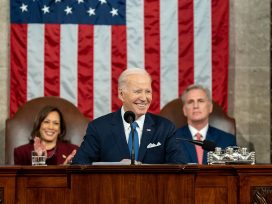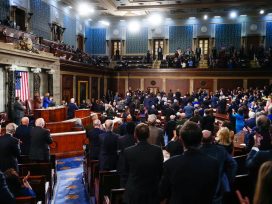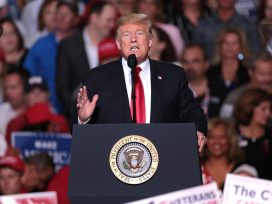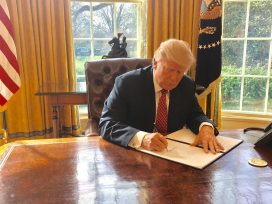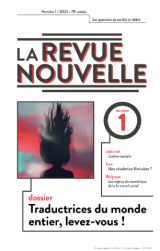George Blecher
George Blecher is a former professor at the City University of New York. He is a writer, journalist and translator. His articles appear in, among others, the New York Times, Eurozine, New Republic, Christian Science Monitor, as well as Visegrád Insight and the Danish daily Information. He is a member of the Eurozine Advisory Board.
https://www.georgeblecher.com/
Articles

The Confused States of America
The first month of the pandemic in the US
The Trump administration’s failing response to COVID-19 has prompted governors and mayors to step up and even form shadow federations to coordinate their efforts. Lifelong New Yorker George Blecher reflects on the first phase of the coronavirus crisis in the US.
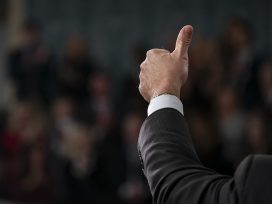
Torn-up texts and Mini Mike
Trump’s 2020 State of the Union address
In the midst of a predictably partisan impeachment trial, Donald Trump said not a word about the ongoing process or his abuse of power that led to it. Democrats may not be able to capitalize on Republicans’ exposed lack of morals in this year’s elections, facing deep fragmentation themselves, chaos in their primary processes and a problematic bid for the presidential nomination from an upbeat billionaire.

The shelf-life of democracies
An interview with George Blecher on US politics in the age of Trump
Media acceleration puts enormous emphasis on speed, creating a pressure on politics that the elaborate procedures of cross-party cooperation cannot withstand. Modelled after Roman democracy, modern liberal democracies may as well have an expiration date, George Blecher argues.

Old soldiers and women in white
The state of the union after the shutdown
Donald Trump’s achievements thus far have been rhetorical. But whether Democrats can take advantage of his weakness remains doubtful. Following the longest government shutdown in US history, Trump is now threatening to declare a national emergency – a move dreaded by even his supporters.

A sign of the times?
Michael Bloomberg and the US presidency
As Donald Trump appals and captivates the world in equal measure, another New York businessman is quietly positioning himself for power. American democracy might face even more of a threat from a figure with a record of real success in business and politics, argues fellow New Yorker George Blecher.

From apprentice to emperor
Trump at six months
Half a year in, the furious tempo of the Trump presidency is being maintained – and even heightened – with ever more baroque cast members rotating through the White House. George Blecher attempts to make sense of it all – with a little help from Tacitus and Suetonius.

Picking up the pieces
Epilogue to an ugly war
Trump’s win was far from unpredictable: the Clinton campaign failed to take popular resentment seriously. Whether or not Trump follows up on all of his many election promises, more conflict can be expected.
